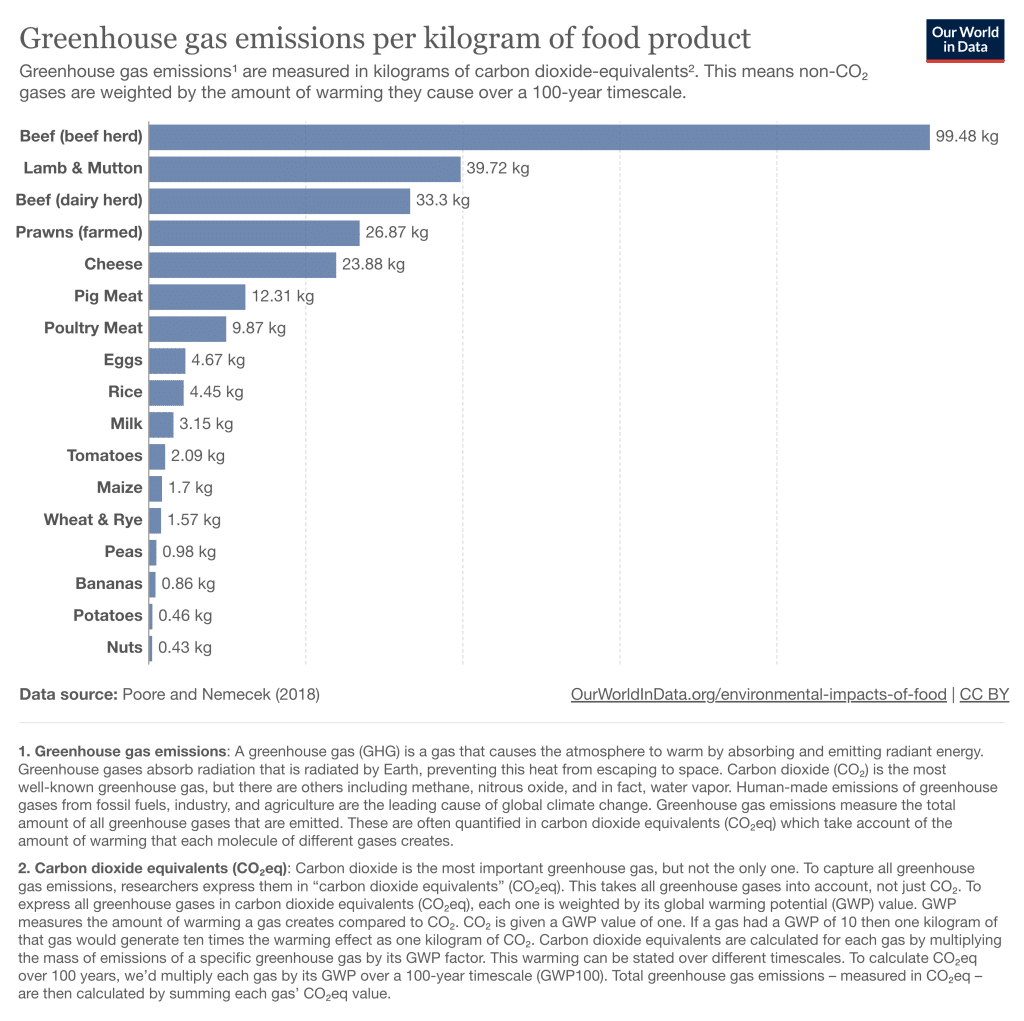The plaintiff accuses the JBS Group of “repeatedly” making deceptive sustainability claims, knowing that climate-conscious consumers would otherwise stop buying their products.
—
The state of New York is suing the US arm of JBS, the world’s largest meat processing enterprise, over misleading claims that it was actively working to reduce its environmental footprint.
According to the plaintiff, New York Attorney General Letitia James, JBS USA “repeatedly” misled consumers into thinking the company “was taking substantial and definitive action to reduce their greenhouse gas emissions and mitigate the impacts of their industrial agricultural practices on the environment,” and had “no viable plan” to meet its “net zero by 2040” commitment.
Founded in 1953 and headquartered in Sao Paulo, Brazil, the JBS Group conducts business related to the processing, distribution, and sale of animal-based products in over 20 countries across five continents. In 2022, the multinational recorded a net revenue of US$72.6 billion. The US arm – headquartered in Greenley, Colorado – represents the largest portion of the company’s market, accounting for 49% of its total revenue.
“As families continue to face the daily impacts of the climate crisis, they are willing to spend more of their hard-earned money on products from brands that are better for the environment,” James said in a statement.
“When companies falsely advertise their commitment to sustainability, they are misleading consumers and endangering our planet. JBS USA’s greenwashing exploits the pocketbooks of everyday Americans and the promise of a healthy planet for future generations. My office will always ensure that companies do not abuse the environment and the trust of hardworking consumers for profit,” the Attorney General said.
You might also like: 10 Climate Lawsuits to Follow in 2024 and Why They Matter
The Environmental Impact of Meat
According to the United Nations Food and Agriculture Organization, our global food system accounted for over a third of global greenhouse gas emissions in 2021, with 57% of them attributable to the use of cows, pigs and other animals for food, as well as livestock feed. In fact, 20 of the world’s biggest meat and milk producers single-handedly emit more greenhouse gases than whole industrialised countries like Germany, France or Britain, as a 2021 report published by Friends of the Earth has shown.
According to the court filing, the world’s top-five meat and dairy corporations combined generate more greenhouse gas emissions than fossil fuel giants ExxonMobil, Shell, or BP individually, with the JBS Group being the largest contributor. In 2021, the company reported over 71 million tons of greenhouse gas emissions, the equivalent of nearly 16 million gasoline-powered cars driven for one year.

The industry is also directly linked to forest loss. At least 75% of this deforestation is attributed to agricultural activities, including the clearance of forests for crop cultivation, livestock grazing, and the production of commodities such as paper. The primary catalyst behind global deforestation is beef production, with the conversion of land for cattle grazing and feed production accounting for approximately 41% of deforestation, equivalent to about 2.1 million hectares annually – roughly half the size of the Netherlands. This equates to over 16.4 million trees lost each day as a result of animal agriculture.
Americans are the world’s largest meat eaters, consuming around 124 kilograms of meat per person each year. In a review of the current state of research on the environmental, health, and economic effects of eating meat, authors Martin Parlasca and Matin Qaim of the University of Bonn stated that “if all humans consumed as much meat as Europeans or North Americans, we would certainly miss the international climate targets and many ecosystems would collapse.”
More on the topic: How Animal Agriculture Is Accelerating Global Deforestation


















